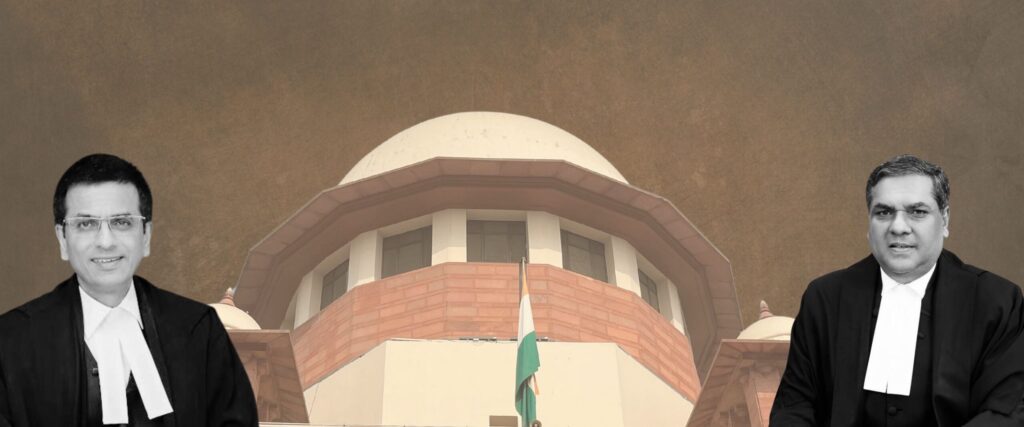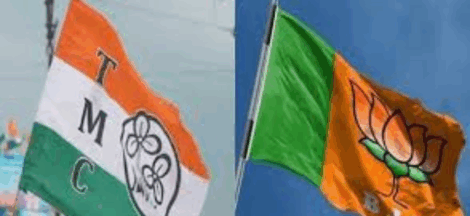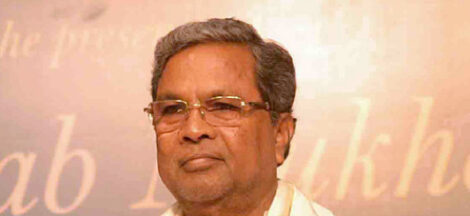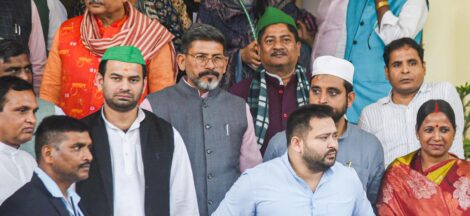Justice Sanjiv Khanna was sworn in today as India’s 51st Chief Justice, a transition that took place in a formal ceremony at Rashtrapati Bhavan, where he was administered the oath of office by President Droupadi Murmu. The judicial shift follows the retirement of former Chief Justice D.Y. Chandrachud, who concluded his term after over a year and a half in office.
Assuming the nation’s highest judicial office, Justice Khanna brings extensive experience and a track record of decisions that have addressed critical issues within India’s legal and social landscape. His tenure is anticipated to build on the transformative approach taken by his predecessor, particularly in areas involving judicial transparency, case management efficiency, and access to justice. Khanna’s time on the bench has been marked by rulings that uphold individual rights and seek to balance complex judicial matters with public interest considerations, a legacy that he is expected to further in his new role.
Justice Khanna, who began his legal career in 1983, was elevated to the Supreme Court in 2019. He is widely regarded for his independence and commitment to fair interpretation of the law, a principle exemplified in his participation in high-profile decisions. Notably, he was a key member of the bench that decriminalized homosexuality by striking down Section 377 of the Indian Penal Code and has contributed to judgments involving freedom of speech, privacy rights, and minority protections. His elevation to Chief Justice is seen by many legal experts as a signal of continuity in upholding a progressive and rights-based approach within the judiciary.
As Chief Justice, Khanna will be responsible for overseeing the administration of the Supreme Court, shaping judicial reforms, and managing the court’s backlog of pending cases. India’s judicial system currently faces a backlog exceeding 44 million cases across various levels, with approximately 70,000 cases pending in the Supreme Court alone. Addressing this backlog has been a central focus of India’s judiciary, with recent Chief Justices initiating reforms aimed at reducing procedural delays and improving the accessibility of justice. Under Chief Justice Chandrachud, the use of digital tools and technology was expanded to streamline case management and filing procedures. Khanna is expected to continue these efforts, with an emphasis on digital innovation and procedural reform to enhance efficiency.
Justice Khanna’s role will also encompass significant administrative duties, including the assignment of cases and the formation of benches for hearing constitutional matters. The Chief Justice traditionally plays a pivotal role in the Collegium system, which oversees judicial appointments and transfers across the country’s high courts and the Supreme Court. This system has been subject to scrutiny in recent years, with debates over its transparency and efficacy. As the head of the Collegium, Khanna’s approach to judicial appointments will be closely watched, particularly in how he addresses calls for reform within the appointment process.
In addition to internal court management, Khanna will represent the Indian judiciary at national and international levels, engaging with government branches, legal communities, and other nations’ judiciaries to uphold judicial independence and foster collaborative relations. His position also entails hearing and guiding decisions on public interest litigation, which has been instrumental in shaping social justice policies across various domains in India, from environmental regulation to civil liberties.




 Congress, JMM Aiming to Undermine Tribal and OBC Rights: PM Modi
Congress, JMM Aiming to Undermine Tribal and OBC Rights: PM Modi 